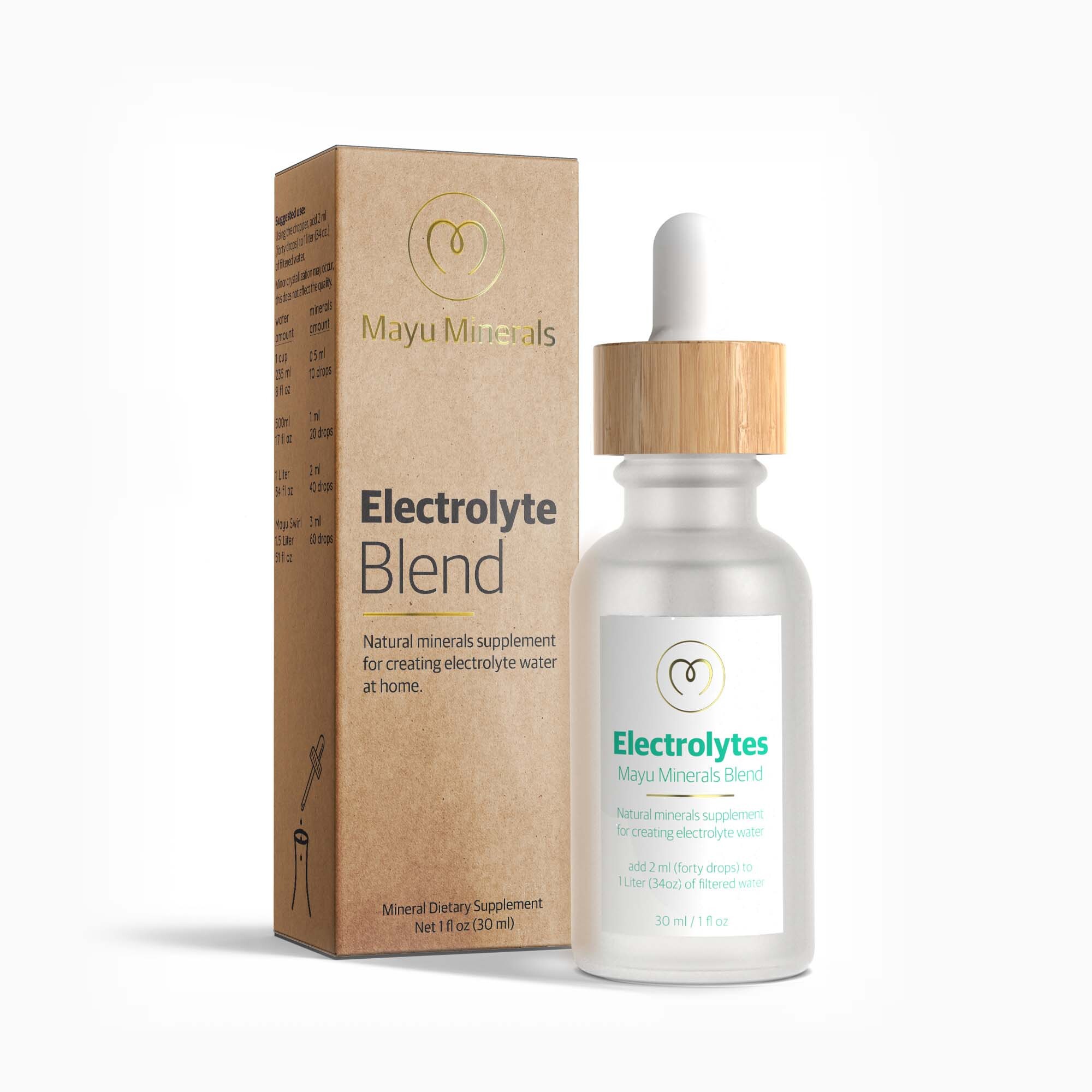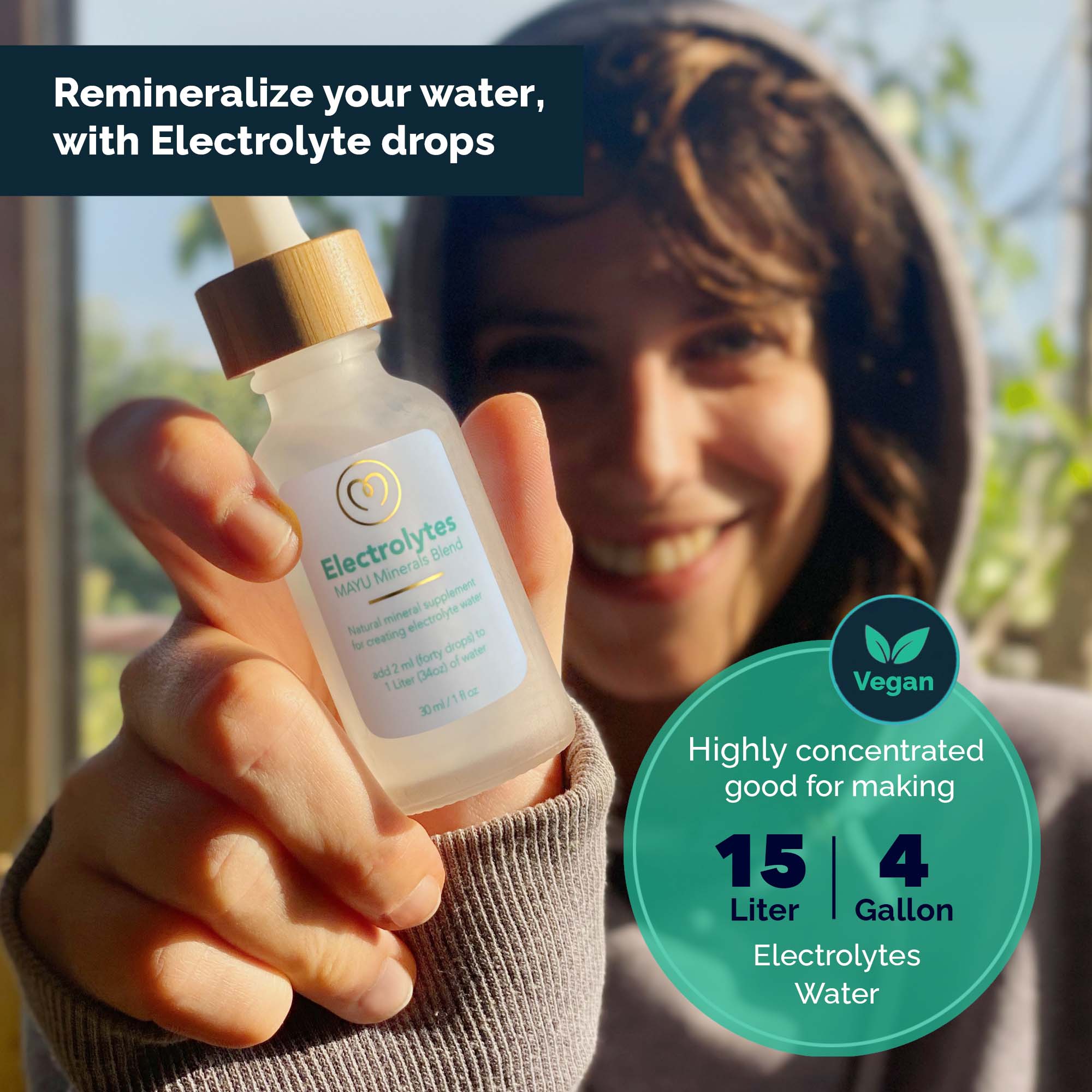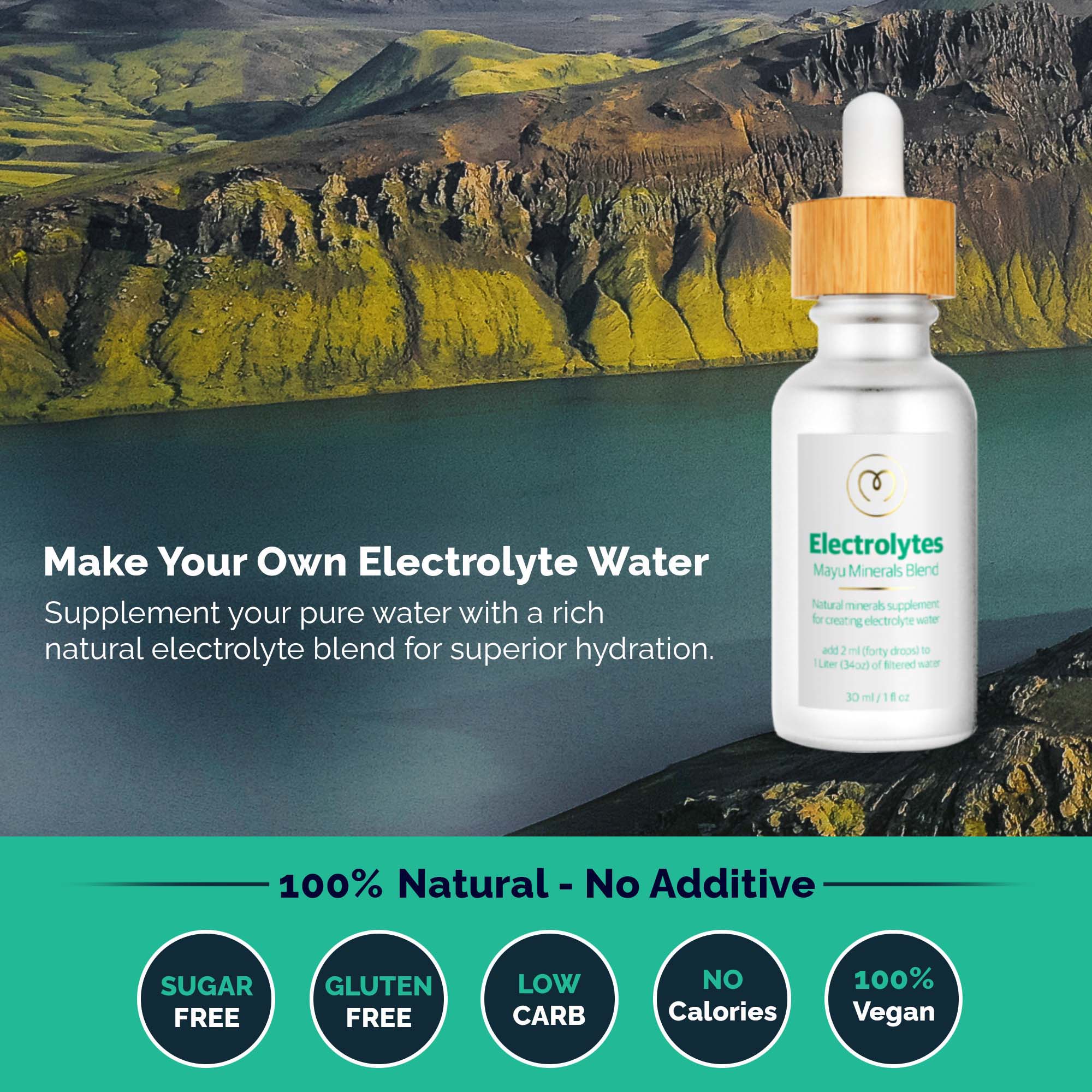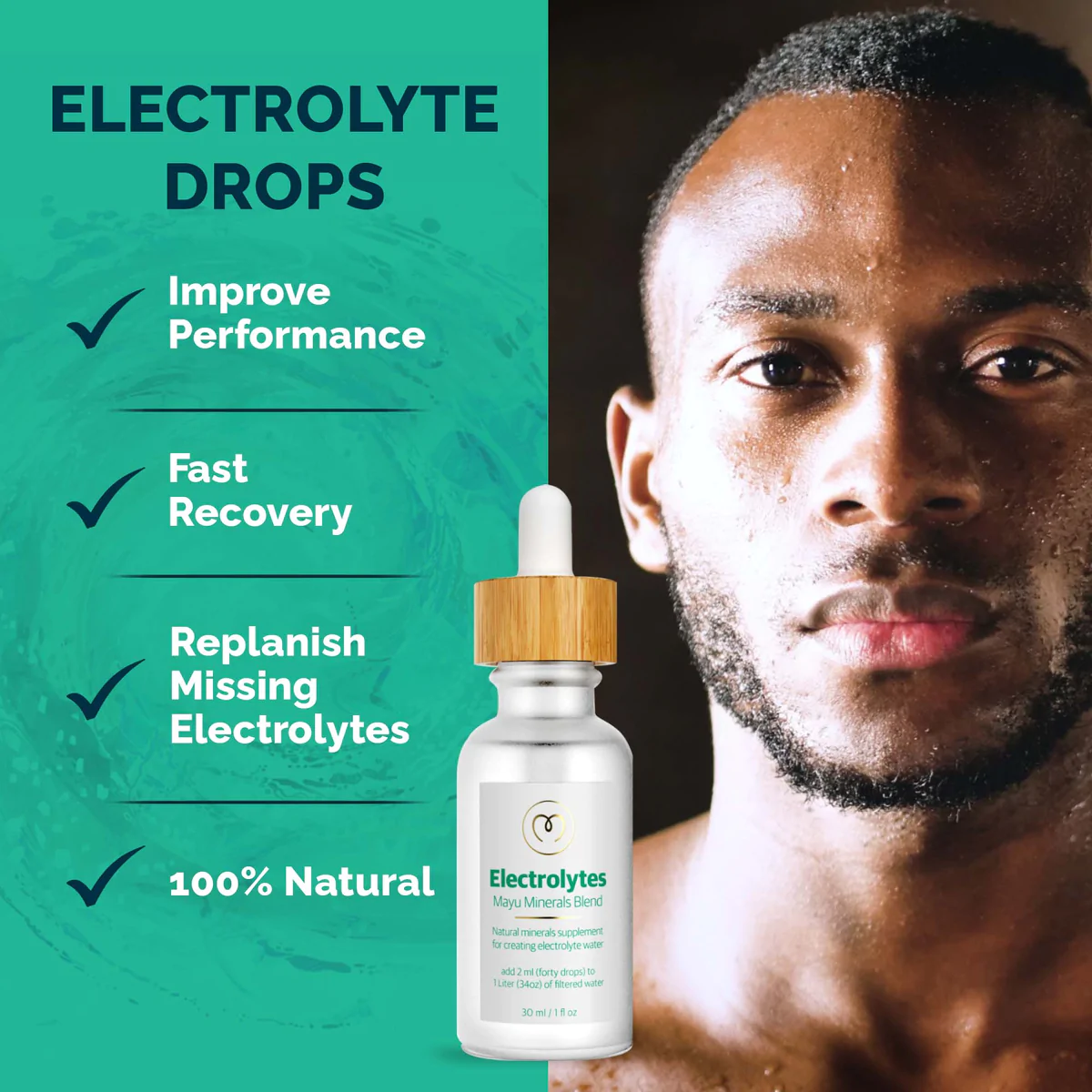Juice Cleanse Diet: Benefits, Risks, & Side Effects
Before you try a juice cleanse for detox or weight loss, understand the potential benefits and serious side effects.
Published February 10, 2025

Sluggish? Is the scale creeping up? Is a quick health fix tempting? Juice cleanses promise rapid weight loss and detox miracles.
Sounds amazing, right? But is it real?
Before you go all-juice, have you ever wondered what it actually does to your body? Is it a healthy shortcut or hidden harm? This time, we're exploring the science of juice cleanses: their real benefits, hidden risks, and side effects.
» Cleanse your body without the juice using a full cycle method
What Is a Juice Cleanse?
Juice cleanse is a short-term regimen in which you drink only fruit and veggie juice for a short while—it could be a day or up to a week. You've probably heard them hyped up as a way to detox your body and lose weight.
It's different than a water fast. With water fasting, you're literally drinking water with zero calories. Juice cleanses? You actually get some nutrients, like vitamins and minerals, from the juice, which is a plus.
» Check out the best drops to balance your electrolytes while fasting
How Juice Cleanses Work: 6 Stages
Stage 1: Quick Hit of Energy (0-4 hours)
Alright, so you’ve just gulped down that juice. What happens next inside your body? Pretty quick absorption is the name of the game in these first few hours. Your body's like, "Sugar rush!" as it grabs those simple sugars— glucose, fructose—from the fruit and veggie juice.
These sugars? They cause a spike in insulin—which delivers the rushing sugar into your cells for a quick energy boost. Your body now just got a shot of instant power.
Insulin's doing its job, telling cells to grab that glucose for immediate energy, and your liver and muscles start storing some away as glycogen for later.
But why all the fuss about sugar? Well, your brain loves it. You need to have that glucose to keep functioning normally. So, these first few hours are all about quick energy and nutrient absorption.
Stage 2: Tapping into Reserves (4–12 hours)
Okay, so the initial sugar rush is starting to mellow out. Now what? Well, unlike proper fasting where you're running empty, juice cleanses keep the sugar tap slightly turned on, so your body can keep using its glycogen stores—that's stored sugar in your liver and muscles—for a bit longer.
The problem? No fiber in juice. Zero. So, glucose from the juice gets absorbed fast, leading to those blood sugar spikes and dips we talked about. Once that readily available sugar from the juice starts to run out, your body switches gears and starts using that stored glycogen for fuel.
Your liver now steps up, breaking down glycogen back into glucose through a process called glycogenolysis—releasing sugar into your bloodstream to keep its blood levels somewhat stable.
Insulin levels calm down now, and another hormone called glucagon starts to rise—It tells your body to release stored sugar, not store it.
» Discover surprising ways dehydration affects your brain
Stage 3: Emptying the Tank (12–24 hours)
Alright, we're getting deeper into this cleanse now. Your juice is giving you helpful electrolytes—potassium, sodium, and magnesium—which are good and keep things balanced. But still, there is zero protein and zero fat.
Your liver glycogen stores? They're getting pretty low by now—usually tapped out within about 18 to 24 hours, give or take, depending on your metabolism and how active you are. As those stores dwindle, your body's starting to think about switching to burning fat for energy.
But, and this is a big but, because you're not eating any fat in a juice cleanse, your body can't really go into full-on "ketosis" mode efficiently. Ketones are what your body makes from fat to use as fuel when sugar is scarce.
Because there's no protein, your body is also not giving itself the building blocks it needs to repair your muscles. So, glycogen is fading, and your system is nudging towards lipolysis—fat breakdown—to get energy.
Fatty acids are released into the bloodstream, and your liver starts trying to make ketones. But it's a bit like trying to build a house with half the materials missing. Some tissues, like your heart and muscles, can start using these fatty acids directly for energy, which is helpful.
Stage 4: Gearing Up for Fat Mode (24–48 hours)
Okay, day two of juice. You're still getting some B vitamins from the veggie juice and a whole lot of fructose (that’s fruit sugar) from the fruit juice. But here’s a thing: that lack of good fats? It's really messing with your body's ability to switch into full fat-burning mode—what's called ketogenesis.
Your body's got the map to Fat Burning City, but the road is kinda blocked. Fructose, too, gets processed differently than regular glucose—your liver handles it, and that might slow down fat burning a little bit more.
And those water-soluble vitamins you’re getting? Well, since you're not eating fat, you're not storing them, so they’re just getting flushed out in your urine. With carbs still basically non-existent, your body is trying to rely more and more on burning fat.
Your liver starts cranking up ketone production, converting those fatty acids into ketone bodies—beta-hydroxybutyrate, acetoacetate, and acetone—the main players. Ketones become a fuel source for your brain and muscles, trying to pick up some of the slack from the missing glucose.
But, heads up, your brain still needs some glucose to function properly, especially for things like red blood cells and certain brain cells. And muscle breakdown? It might still be minimal if you've got enough fat stores to burn. But we're getting into iffy territory now.
» Learn to check for dehydration at home
Stage 5: Protein Breakdown (48–72 hours)
Day three. You're pretty much running on fumes nutrient-wise from just juice now. Mostly micronutrients at this point—vitamin C, potassium, little bits and bobs. Still zero amino acids—the building blocks from protein.
The electrolytes in the juice are helping to keep you from totally crashing, balance-wise, but you can still get dehydrated from losing sodium. And you’re probably starting to run low on iron and zinc—those are crucial for your metabolism to run smoothly.
Your body is getting smart now, trying to conserve protein wherever it can. But, because you're not eating any protein, it might start breaking down some muscle tissue to get amino acids to convert into glucose, making sugar from your muscles.
Blood ketone levels are climbing, though, getting closer to "nutritional ketosis." Your metabolism? It might be slowing down slightly—your basal metabolic rate, or BMR—as your body tries to save energy.
And yeah, electrolyte imbalances are a real risk now, especially if you're losing sodium, potassium, and magnesium through urine.
Top Up On Electrolytes During Your Cleanse:
Stage 6: Long Haul Problems (72+ hours)
Okay, if you're going past three days on juice alone, you're entering proper "prolonged fasting" territory. Without dietary fats, your brain is still struggling to fully switch over to using ketones as its main fuel.
And the lack of fat-soluble vitamins—A, D, E, K—and protein? That's a recipe for messing with your immune system and slowing down your metabolism even further.
Ketones are definitely helping fuel your brain now, but your body is becoming more reliant on breaking down muscle to get glucose for those tissues that absolutely need it, like red blood cells.
Fat burning is still the main energy source, but micronutrient deficiencies are becoming a serious concern because people have been missing out on protein and fats for so long.
» Find out how to drink more water when it's tough
Juice Cleanse Pros and Cons
Pros
1. Hydration Boost (Maybe with a Catch)
Juice is water, so you'll get hydrated, especially if you don't drink enough water normally. Good hydration is basic body maintenance. But juices are high in potassium and low in sodium.
It could throw off your electrolyte balance and make you lose sodium. So, hydration boost? Yes, but it is not always perfectly balanced.
2. Gut "Rest"... Sort Of
Less fiber in juice means less digestive work. It might feel like your gut's on vacation. It could even calm gut inflammation in the short term. But, no fiber also means missing out on long-term gut health perks from things like short-chain fatty acids. Digestive rest? It's temporary and can have downsides later.
3. Quick Antioxidant Hit
Juices are filled with vitamins and antioxidants (like C, A, and flavonoids). Antioxidants are good for fighting cell damage and blood vessels and protecting the immune system. Liquid juice means fast absorption of these water-soluble vitamins.
But, you miss out on fat, which you need to absorb fat-soluble vitamins (A, D, E, K) also in fruits & veggies. Antioxidant boost? Quick, but incomplete picture nutritionally.
Cons
1. Muscle Loss
Juice has no protein. Your body needs protein for muscles, especially if you work out. No protein in means the body breaks down muscles for it. Plus, low calories speed up muscle loss. It's bad for strength, and it gets worse as you age.
2. Energy Crash
Extreme calorie drops in juice cleanses cause the body to freak out. Metabolism slows down to save energy (a 10-20% drop is possible). It is harder to lose weight in the long term, and it is easier to gain it back afterward.
3. Sugar Overload
Fruit juice has lots of natural sugar. Too much of it, and you'll end up with a sugar overload. If there's no fiber in juice, you'll get sugar spikes. The juice cleanse diet may even raise the risk of type 2 diabetes over time.
Bottom line? Juice cleanses have real downsides if you overdo them. Think twice before making them a habit.
» Learn all about electrolytes in tap water
First Time Juicing? Here Are Some Side Effects
1. Fatigue and Weakness
Juice cleanses are low-calorie, period. Fewer calories in means less energy out. Plus, no protein or fat messes with your muscles and brain. Expect to feel tired, weak, dizzy, and struggle to focus.
Your body burns through its quick energy stores (glycogen) fast, leaving you feeling sluggish. And remember that slowed metabolism? That just makes the energy slump worse over time.
2. Digestive Troubles
Prepare for digestive issues. Juice is low fiber, which could mean constipation for some. But the high sugar in juice, plus fruit acids, can also trigger diarrhea or loose stools in others.
Your gut bacteria can get thrown off balance, leading to bloating and discomfort. Citrus juices? Acidic can irritate your stomach lining, especially if you have acid reflux or gastritis.
» Feeling sick? Discover beverages to drink when you have a cold or a flu
3. Sugar Spikes and Crashes
Since fruit juice is full of sugar in the city, there is little to no fiber to slow it down. Expect major blood sugar spikes followed by energy crashes. You might get irritable and hungry soon after drinking juice.
Struggle with insulin issues or diabetes? This blood sugar rollercoaster is risky, potentially causing high and then low blood sugar swings.
Basically, juice cleanses lack key nutrients: calories, protein, fiber, and healthy fats. These are vital for energy, digestion, stable blood sugar, and balanced electrolytes.
How to make it slightly better?
Choose juices with more veggies, add fiber (like chia seeds), and maybe a little protein boost. Drink lots of water. Keep cleanses short. Best advice? Talk to a doctor before you even think about doing a juice cleanse, especially if you have any health conditions.
The Juiced-Up Verdict: Proceed with Caution
So, where does all this leave us? Juice cleanses, as we've seen, aren't quite the simple health fix they're often made out to be. Yes, you might get a temporary hydration boost or a fleeting feeling of digestive "rest." And sure, you'll get a concentrated dose of some vitamins and antioxidants.
But these short-lived perks come at a cost. We've uncovered the real metabolic rollercoaster—the muscle loss, the metabolism slowdown, the blood sugar spikes, and the very real side effects that can leave you feeling drained and depleted.
While a short juice stint might seem appealing as a quick reset, it's crucial to weigh those minimal benefits against the potential downsides, especially if you're considering making it a regular habit.
» Cleanse your body, naturally, without the juice: Try the full-cycle method
Disclaimer: The information published by Mayu Water is not a substitute for the expert knowledge, advice, and recommendations of trained professionals. We strongly recommend consulting with industry experts and primary or scientific sources before making any health, research-related, or other important decisions.











































![3 Best Water for Athletes: Fuel Your Performance [{year}]](https://entail.mayuwater.com/en-assets/mayuwater/fit-in/280x280/shutterstock_2364200823-1695372721925.jpg)






